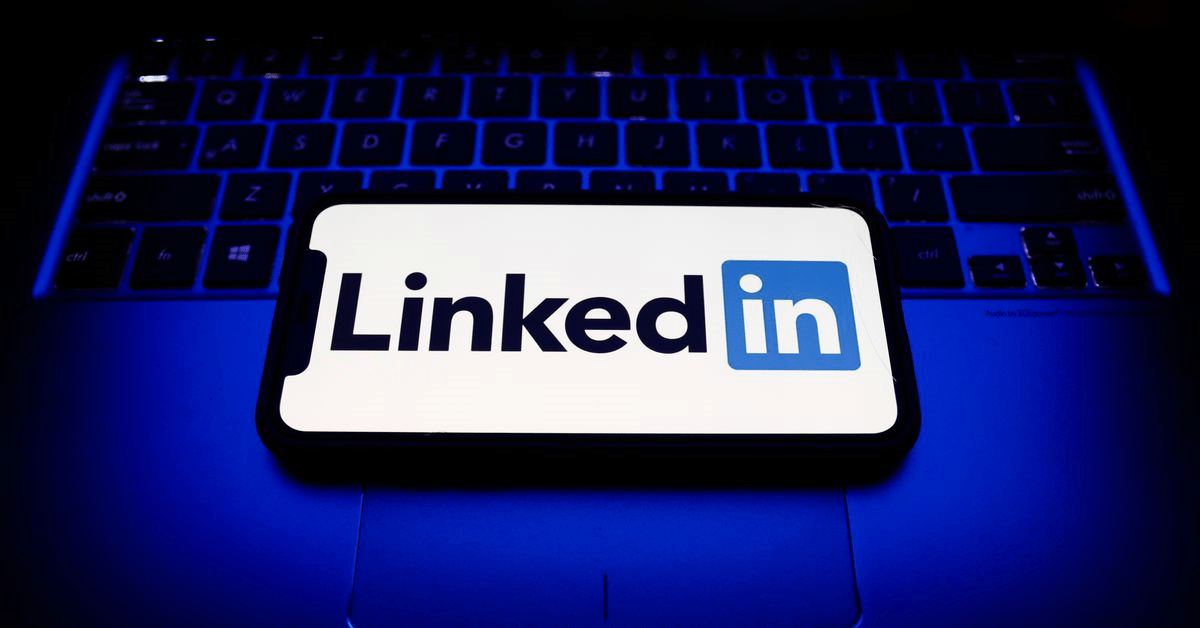
Why Skills-First Leadership Is Replacing the Ivy League Playbook in the C-Suite
The old prestige pyramid—where Ivy League degrees and blue-chip consulting backgrounds paved the way to the CEO seat—is cracking.

February 25, 2021: On Tuesday, the Microsoft-owned LinkedIn business social network got some technical issues during the U.S. business hours, leading people to post regarding their troubles accessing the LinkedIn website and app.
During the coronavirus pandemic, online services that allow communication, like Microsoft Teams, Slack, and Zoom, occasionally experience outages. LinkedIn plays a vital role for recruiters, jobseekers, salespeople, and marketers rely on it to display advertisements to users.
The service became more popular to learn about the pandemic. The time spent on the LinkedIn Learning service doubled year by year in the fourth quarter, Microsoft’s CEO, Satya Nadella, told analysts last month.
LinkedIn first began informing people by tweeting that it was working to resolve issues at 2 p.m. ET. Shortly after confirming the degraded experience on mobile devices and its website on computers in a tweet.
The service started recovering for some users just before 3 p.m. ET; LinkedIn tweeted that it was “back on track.”
The downtime resulted from a configuration change in internal systems, and a LinkedIn representative told CNBC.
Some people attempting to access the Linked-In website during the downtime faced an error message with a string of random letters and numbers. Different types of error messages from the one people have run into on Amazon that photos of dogs have accompanied.
A different message some users saw in attempts to visit Linked-In’s website said that “the server does not have a DNS entry.”
Microsoft acquired Linked-In for $27 billion in 2016. Nadella said in January that Linked-In had almost 740 million members. About 6% of the company’s revenue comes from Linked-In.

The old prestige pyramid—where Ivy League degrees and blue-chip consulting backgrounds paved the way to the CEO seat—is cracking.

Loud leaders once ruled the boardroom. Charisma was currency. Big talk drove big valuations.

But the CEOs who make history in downturns aren’t the ones with the deepest cuts

Companies invest millions in leadership development, yet many of their best executives leave within a few years. Why?

The most successful business leaders don’t just identify gaps in the market; they anticipate future needs before anyone else.

With technological advancements, shifting consumer expectations, and global interconnectedness, the role of business leaders

At seventeen, Professor Richard Rose stepped into a world few adults dare to navigate: the world of children fractured by trauma. He wasn’t a clinician then, nor a scholar. He was simply a young man with a heart tuned to the quiet ache of others.

Following a distinguished Law Enforcement career Joe McGee founded The Securitatem Group to provide contemporary global operational specialist security and specialist security training products and services for private clients, corporate organisations, and Government bodies. They deliver a wide range of services, including complete end-to-end protection packages, close protection, residential security, protection drivers, and online and physical installations. They provide covert and overt investigations and specialist surveillance services with a Broad range of weapons and tactical-based training, including conflict management, risk and threat management, tactical training, tactical medicine, and command and control training.

Jay Wright, CEO and Co-Owner of Virgin Wines infectious energy, enthusiasm, passion and drive has been instrumental in creating an environment that encourages talent to thrive and a culture that puts the customer at the very heart of every decision-making process.

Fabio de Concilio is the visionary CEO & Chairman of the Board at Farmacosmo, a leading organization dedicated to mental health and community support services. With a deep commitment to identifying and meeting customer needs, Fabio ensures that high standards are maintained across the board.

Leave us a message
Subscribe
Fill the form our team will contact you
Advertise with us
Fill the form our team will contact you